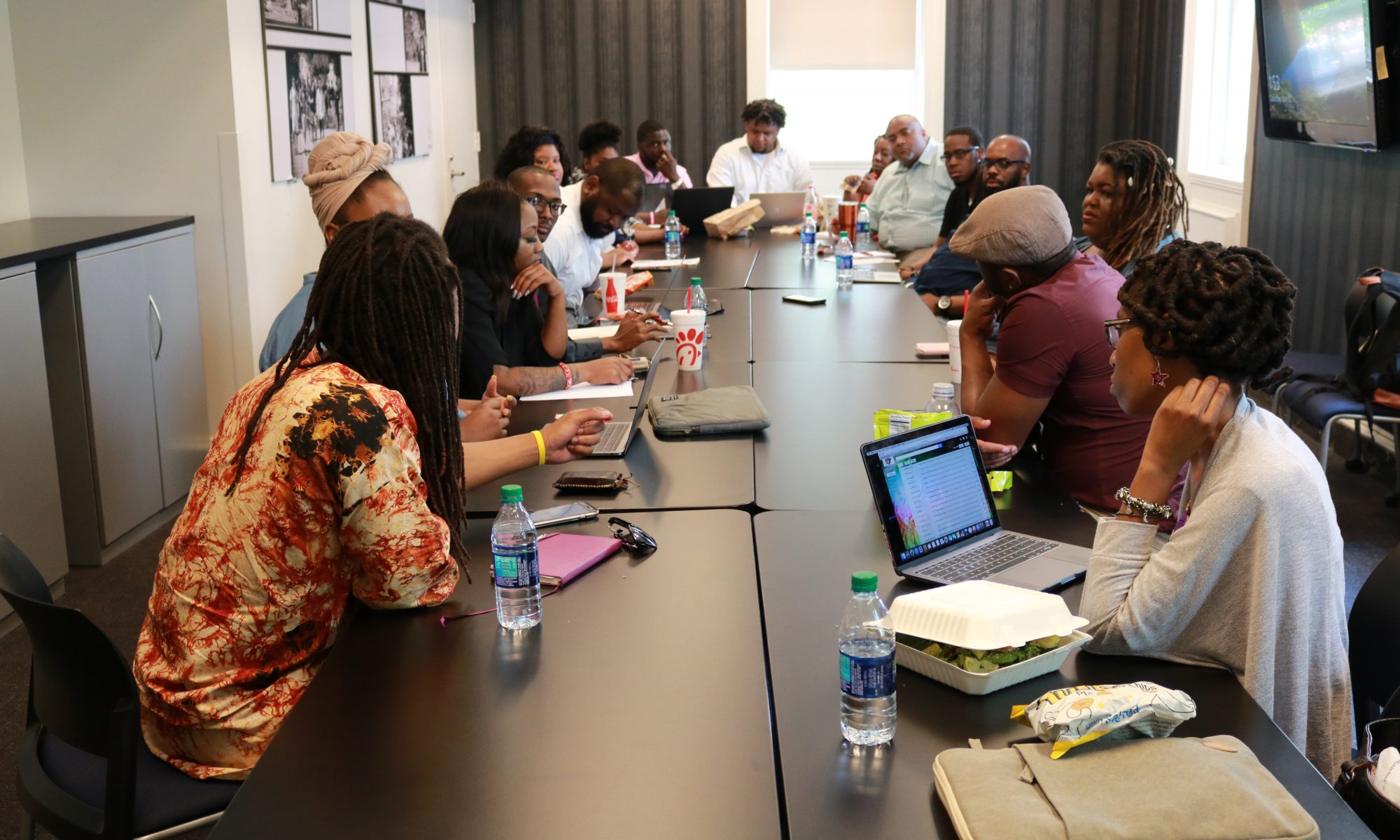Undergraduate College Application Essay
Author: Anthony Berryhill
Education: Stanford University ’04, Yale University ’11 (M.Phil., M.A., from PhD Program)
Undergraduate Acceptances: Stanford, Duke Engineering (full scholarship, University Scholars Program), Cornell, Columbia (Engineering), Rice (Engineering, 10k merit scholarship) Washington Univ., Washington and Lee, Worchester Polytechnic Institute.
Essay published by the Pioneer, Winter 99 and New Orleans’s main newspaper, The Times Picayune, in 2000.
Common Application Prompt (most similar to 2000): Some students have a background, identity, interest, or talent that is so meaningful they believe their application would be incomplete without it. If this sounds like you, then please share your story.
Title: “Saving Private Berryhill”
I have been exposed to war since an early age…five years old that is. Although I have lived in my little fort in the inner-city war, 3615 Desire Parkway, for seventeen years, my war didn’t start there… it began when I entered elementary school at a nearby place—Edwards Elementary. As a younger kid I was always fascinated with indoor activities, especially reading and mathematics—all in pursuit of escaping the inner-city war by attending college.
Because I spoke differently, earned the highest grades in school and didn’t sacrifice study and homework time to idly walk the driveways with friends, I faced continual peer isolation, spitting, punching and numerous levels of abuse my school condoned and encouraged. The abuse from my fellow “comrades” came to such an extent that in 3rd grade, I was forced to stab a sharply pointed pencil into the hand of a bully who was two feet taller than I to stop the onslaught of punches to my face—punches given because I was drafted as the “classroom monitor” to report kids who misbehaved while the teacher was out of the room.
Just as Private Ryan had to be saved from WWII by people who were involved in the war, I also needed such aid. A program called Summerbridge exposed me to people who were also fighting to escape this war, and helped me attend a top level middle and upper level school to aid my seemingly impossible quest of attending college.
For the past six years, I have not only marched long steps to escape the inner-city war but I have also walked both lines of the conflict. In one world, I attend an elite high school with relatively few minorities. Yet as my mom drives me home every day from school I enter back into the inner-city war where people, “casualties,” sit on their government-designed porches. They stare at me as I walk to my apartment: I often carry booksacks of books, hundreds of pages of debate research and sometimes bags in my arms as well. These same casualties stare when I leave the inner-city to attend nationwide debate tournaments. Like Private Ryan, people are amazed by my ability to escape an environment of teenage pregnancy, senseless violence and drug use: all to attend an out-of-state college.
In WWII, Private Ryan and other soldiers in the war felt, on a daily basis, absolute fear that one day a sniper or a tank would kill them, rendering their attempts to survive the war meaningless. In the inner-city, there have been sleepless nights when I have studied for Calculus tests and upon the sound of gunshots, crawled out of my computer desk chair, landed on my knees, dove for the room light and laid still on the floor—hoping that a stray bullet wouldn’t crack through my windows—something that did happen eight years ago.
This fear is my reality. A kid I knew from elementary school nicknamed “Jukka” became a recent fatality in the inner-city war. He had taken the bus home from a job in the French Quarter. Blocks away from his house a couple of people from the inner-city robbed him and demanded that he take off and give up his Starter jacket and expensive basketball sneakers. As my neighbors tell the story, “Jukka” wasn’t fast enough and thus added to the daily Casualty list on Channel 4 Eyewitness News.
Last week, my mom and I walked along Gentilly Mall, a mall about 10 miles away from the projects where I reside. In one empty store window lay an unusual clothing display that didn’t use any mannequins. There were two stands, each showing a shirt that was meant to honor a person who was murdered in my neighborhood. I stared at a shirt dedicated to “Jukka,” which had a picture of him at a dance from the nearby high school, Carver. Underneath the picture was the phrase, “The wrong soldier died.”
Any person can have his entire life escaping the inner-city war come to an end with a bullet leaving a pistol and a person deciding to pull the trigger for a few dollars. My only compensation would be a faded, pixelized picture adorning a white T-shirt and the honor of being called “the wrong solider.” I don’t want to be a soldier anymore.

